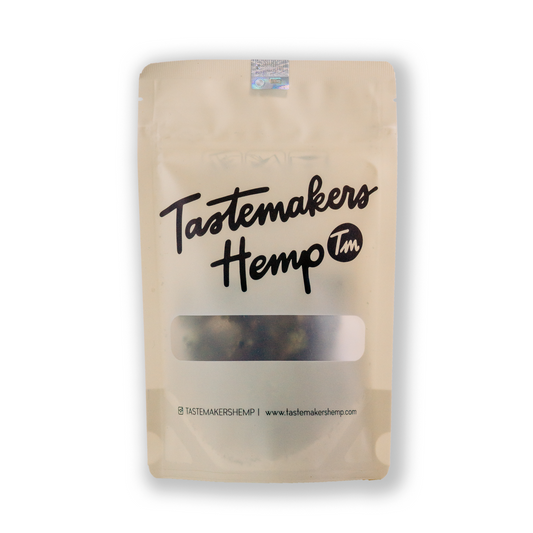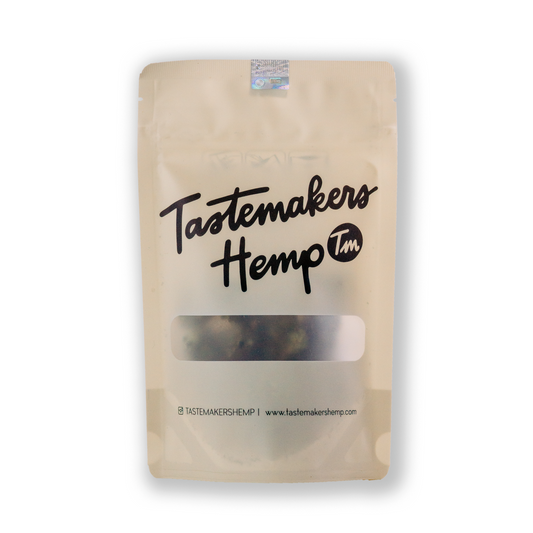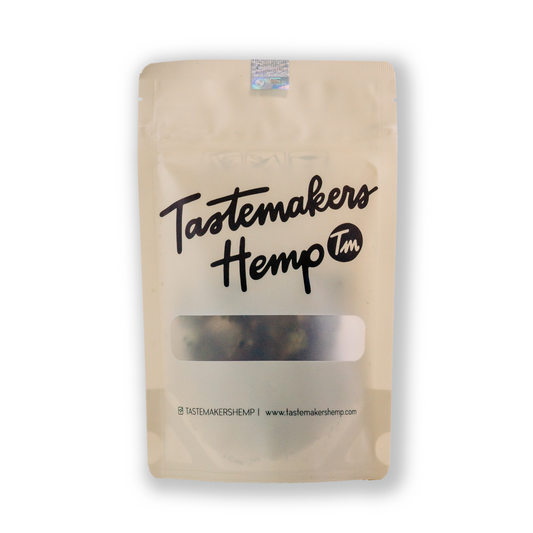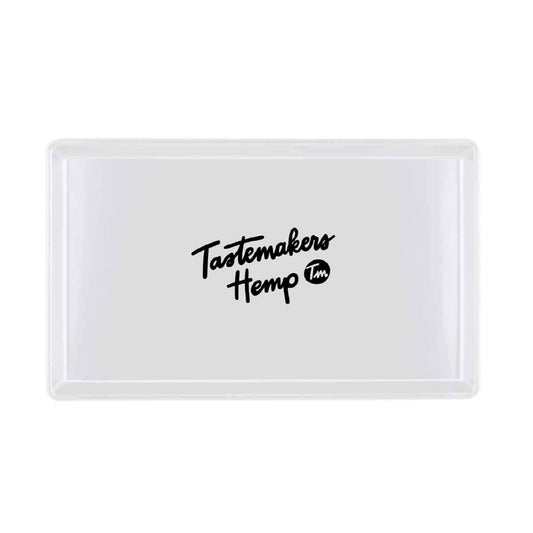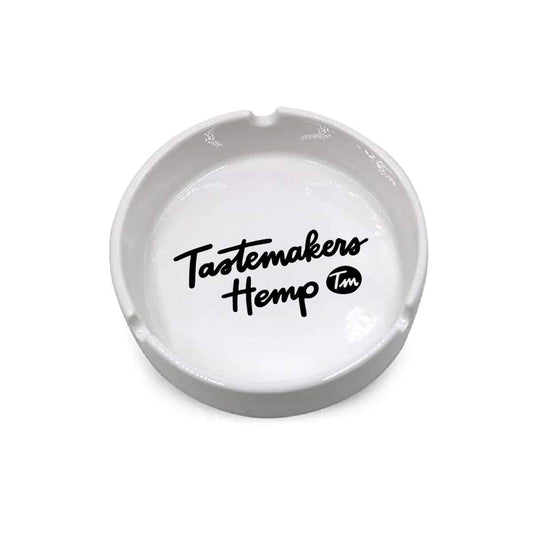What Happens When You Light THCA?
THCA, or tetrahydrocannabinolic acid, is a non-psychoactive cannabinoid found in raw cannabis plants. When THCA is heated, it undergoes a process called decarboxylation, which converts it into THC, the psychoactive compound that produces the euphoric high associated with cannabis use.
When you light THCA, the heat causes the molecule to lose a carbon dioxide molecule, which transforms it into THC. The process of decarboxylation occurs naturally when you apply heat to cannabis flowers, which is why smoking or vaping cannabis produces a psychoactive effect.
However, it's important to note that not all THCA will be converted into THC when you light it. The amount of THCA that gets decarboxylated depends on several factors, including the temperature at which the cannabis is heated, the duration of heating, and the moisture content of the flower.
Some cannabis users prefer to consume THCA in its raw form, either by juicing cannabis leaves or by adding them to smoothies or salads. Consuming THCA in this way allows you to benefit from the cannabinoid's anti-inflammatory, antiemetic, and antiproliferative properties, without experiencing the psychoactive effects of THC.
In conclusion, when you light THCA, it undergoes a process of decarboxylation, transforming it into the psychoactive compound THC. However, the amount of THCA that gets converted depends on several factors, and some cannabis users prefer to consume THCA in its raw form to benefit from its therapeutic properties without getting high.

